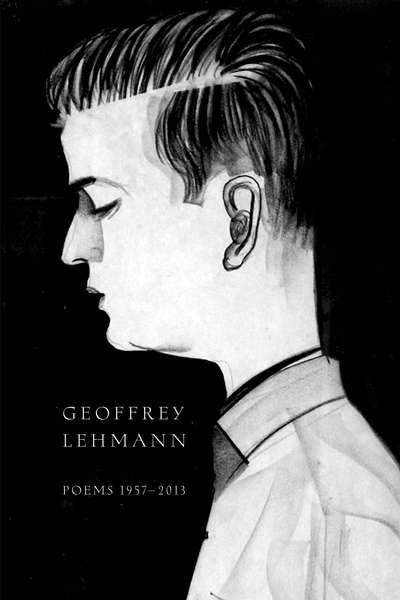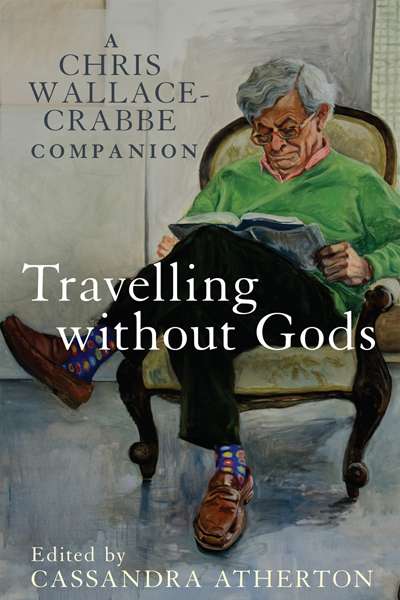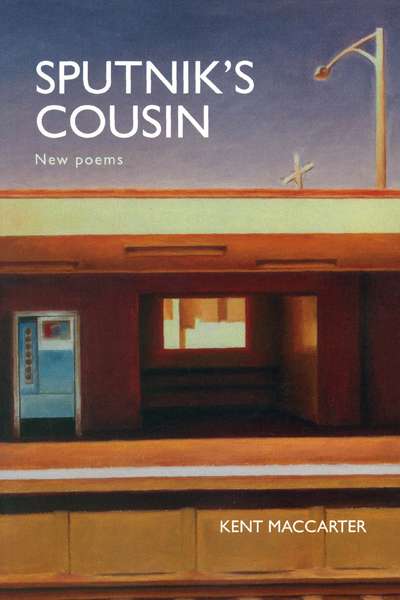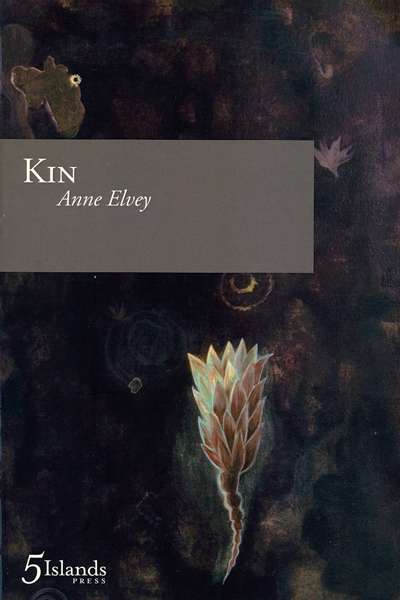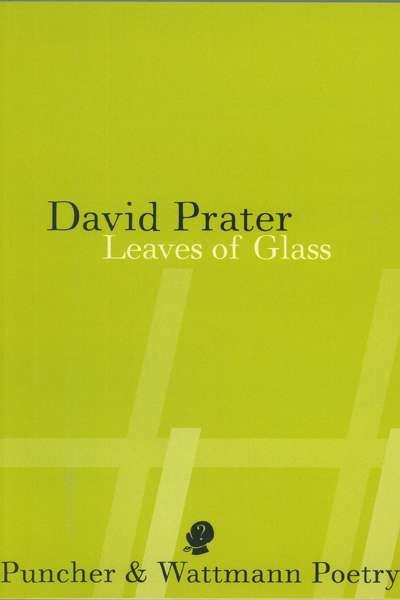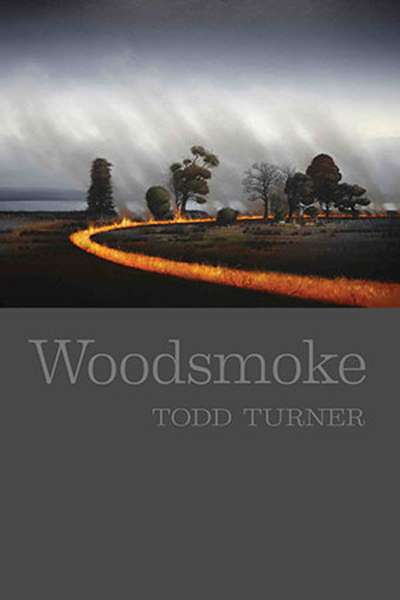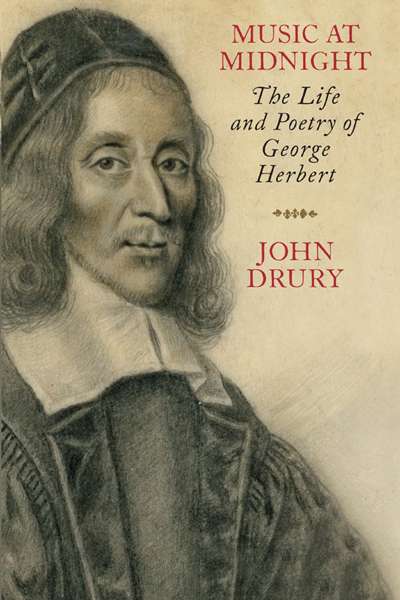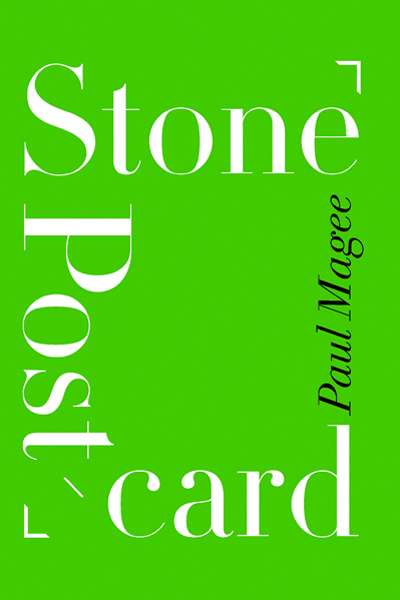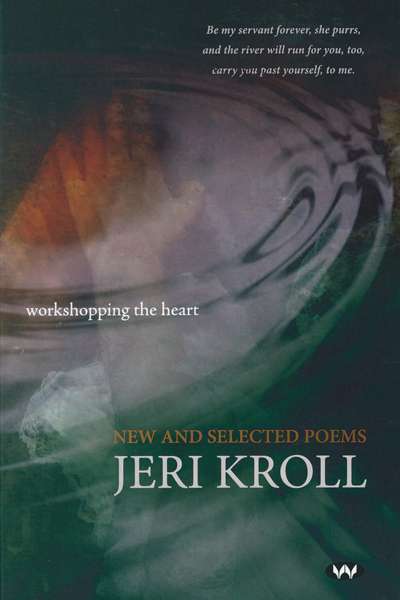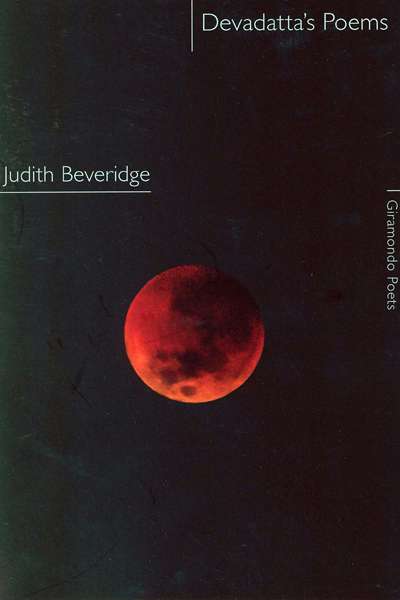Poetry
A striking feature of this collection of Geoffrey Lehmann’s poetry of fifty-six years is how few loci of interest there are: ancient Rome, a farm in rural New South Wales, parenthood. His characteristic mode seems to be to explore these exhaustively by holding them up to the light and investigating every facet. Wallace Stevens’s ‘Thirteen Ways of Looking at a Blackbird’ hovers behind these poems as an emblem of their method, and it is no accident that the fifth-last poem is called ‘Thirteen Reviews of the New Babylon Inn’.
... (read more)Travelling Without Gods edited by Cassandra Atherton & My Feet Are Hungry by Chris Wallace-Crabbe
The title of Cassandra Atherton’s anthology, Travelling Without Gods, alludes to the particular brand of agnosticism that has run through Chris Wallace-Crabbe’s work over many decades. Journeying sans deity is evidenced strongly in the poet’s latest collection, a book which, like Atherton’s, has been published to coincide with Wallace-Crabbe’s eightieth birthday.
For a non-believer, Wallace-Crabbe’s My Feet Are Hungry makes frequent reference to Christian ideology. This is in marked contrast to a number of Australian poets – Judith Beveridge, Barry Hill, Robert Gray among them – whose work in recent years testifies to the influence of Buddhism. Wallace-Crabbe’s Christian saviour is located firmly in the historical rather than the sacred. Only mildly irreverent, the poet shows respect for a figure who sides with the disadvantaged in an era of raging commercial interest and power-mad politicians: ‘Did Roman nails deserve his blood? / Even for someone who venerates money / Here is a story of absolute good’ (‘And the Cross’).
... (read more)Kent MacCarter’s third collection of poems comprises a patchwork of forms and phenomena, in parts influenced by and dedicated to poets of the New York School and the ‘Generation of 1968’. MacCarter’s own cosmopolitan greetings share the offbeat tones and imagery of precursors, including Frank O’Hara and John Forbes. Touches of the former’s dry humour permeate Sputnik’s Cousin, alongside edgier local presences apparent in the poetry.
... (read more)Kin, Anne Elvey’s first full collection of poetry, brings together a wide range of poems full of light and the acuity of close attention. These poems focus on a world of inter-relationships where tree and water, creature and human, air and breathing, coexist – suggestive of an underlying philo-sophy of humility and acceptance. This is a world which envisions at least the potential of balance and a non-hierarchical sharing, where self and other, the natural world, and the devices and desires of the human might recognise each other.
... (read more)Between 1889 and 1892, young Australian poet Bernard O’Dowd corresponded with the ageing Walt Whitman. Leaves of Glass, David Prater’s second collection, vividly imagines this long-distance relationship. This is not, however, a historical novel in verse. It refracts the correspondence through a perpetually shifting series of voices and forms, from heavily ...
Todd Turner’s first collection, Woodsmoke, evolves intriguingly. It starts in the ‘anti-pastoral’ mode founded by Philip Hodgins. Here the poet, long since relocated to the city, looks back with tellingly evocative detail but a divided sensibility on the life he (it’s normally a ‘he’) has now abandoned.
...Music at Midnight: The life and poetry of George Herbert by John Drury
Disdaining the opening moves traditionally associated with literary biography – the expected orderly progress through ancestry, parentage, birth, schooling, juvenilia – John Drury’s masterly new account of the life and poetry of George Herbert begins instead with the poem that Drury sees as Herbert’s finest work, written in mid-career, ‘Love (III)’. Herbert designed this poem as the culminating piece in the collection upon which his poetic reputation would come ultimately to rest, The Temple (1633).
... (read more)In ‘Painting’s Flatness’, Paul Magee ruefully observes the following: ‘If only surfaces were possible / here in the imagination / just to walk and to touch sincerely the ground.’ This, as the title of the poetry collection suggests, is the essence of Stone Postcard: a poet’s search for stability in the face of exquisite and inscrutable change.
... (read more)In Workshopping the Heart, Jeri Kroll brings us a feast of poetry: selections from her seven previous collections, poems from 2005 to 2012, and excerpts from her forthcoming verse novel, Vanishing Point. From 1982 to the present we are able to witness an evolution towards a mature poetic voice as Kroll negotiates her way through life’s various traverses and the poetic explorations that both describe and reflect upon them.
... (read more)Seeking perfection or ‘enlightenment’ requires a monastic devotion to the life of the spirit and a rejection of material comforts. Judith Beveridge’s writings about the young Buddha and his cousin Devadatta bring out all the intricacies and contradictions inherent in such a quest.
This new volume, Devadatta’s Poems, holds up a kind of mirror to ‘Between the Palace and the Bodhi Tree’, the middle section of her book Wolf Notes (2003), which depicted Siddhārtha Gautama’s travels and contemplations before he became the Buddha. The earlier work is marked by its quiet determination, matching Siddhārtha’s, to look precisely, without wanting, and to be simply an existence among all the others.
... (read more)
